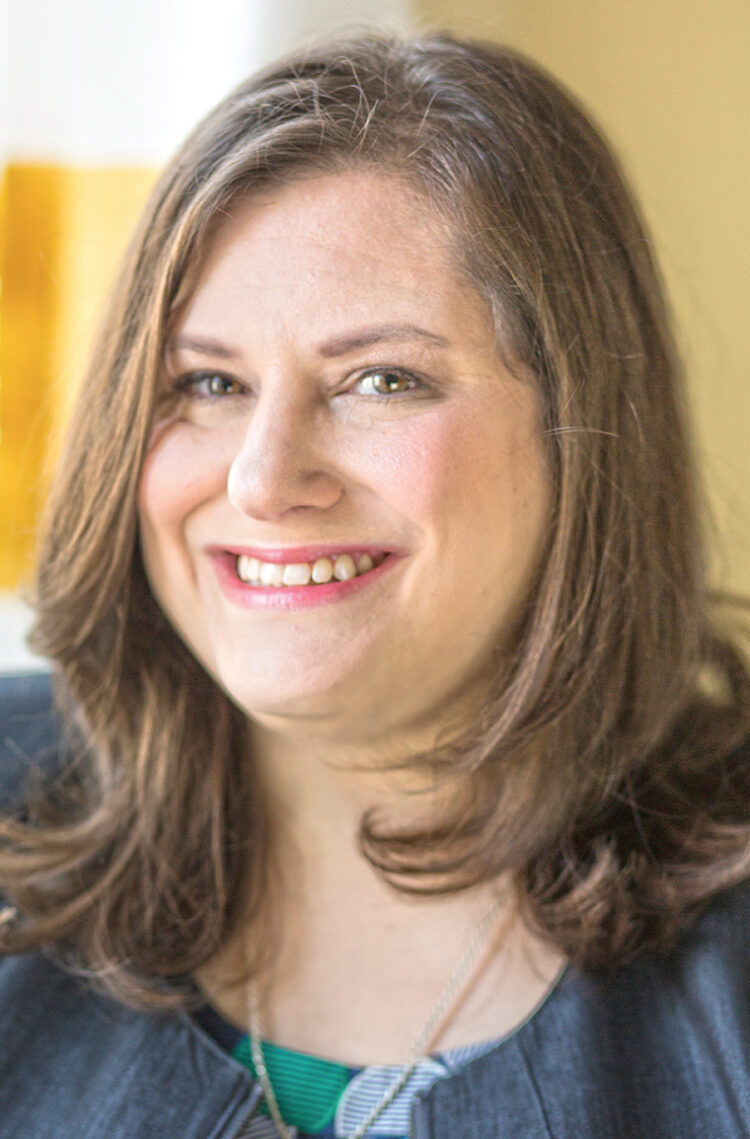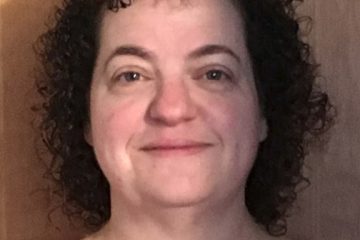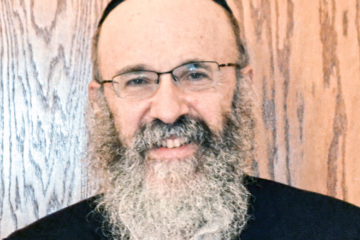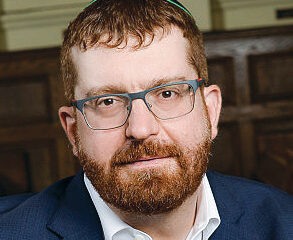Ten Shifts for a multifaith future

By Rabbi Karen Bodney-Halasz, Temple Israel
This summer, I had the privilege of attending a remarkable gathering at Wright-Patterson Air Force Base, celebrating the 250th anniversary of the U.S. Army Chaplain Corps.
To mark the occasion, the 88th Air Base Wing Chaplain Corps brought in nationally recognized leaders from the Multi-Faith Neighbors Network, an organization dedicated to building trust and collaboration among Christian, Muslim, and Jewish leaders.
The speakers — the Rev. Bob Roberts, Imam Mohamed Magid, Amb. Rabbi David Saperstein, and the Rev. Micah Fries — were dynamic, thoughtful, and deeply committed to the work of healing divides.
I left recharged by their enthusiasm and their willingness to have the hard conversations so many of us shy away from.
They didn’t gloss over differences or pretend they weren’t there. Instead, they leaned into the complexity and showed how genuine relationships can grow even in the midst of disagreement.
One of the first things that struck me was their deliberate choice of language. They used the term multifaith rather than interfaith.
Multifaith, they explained, means working side-by-side toward the common good without sacrificing theological or ideological identity. It’s not about blending beliefs or minimizing differences — it’s about standing fully in our own traditions while engaging openly and honestly with others.
That kind of trust, they reminded us, comes only when we see one another fully — differences and all — and still recognize that each of us is created in the image of God.
Their message resonated because it wasn’t about polite gestures or occasional joint programs. It was about the kind of mutual care that develops only through consistent, intentional connection.
We live in a time when antisemitism is at record highs. History teaches us that hatred is never static — it shifts. Today it may be directed at Jews; tomorrow it may target someone else.
None of us should be left to face it alone, and none of us should have to build relationships only in crisis.
The Ten Shifts
The diverse panel of MFNN leaders shared what they call The Ten Shifts — a framework for moving from old patterns of separation toward new ways of building trust and partnership across religious and cultural lines.
They spoke about shifting from polite interfaith encounters to robust multifaith relationships; from guarding our tribal boundaries to embracing a sense of global responsibility; from public value statements to living and enforcing those values within our own communities; from quiet, backdoor engagement to an open, front-door approach; from keeping our sacred wisdom inward-facing to sharing it in the broader moral conversation; from confrontation to collaboration; from focusing on others’ flaws to addressing our own blind spots; from centering the majority to elevating marginalized voices; from keeping dialogue only among clergy to bringing in entire communities; and from holding onto old grievances to building new, forward-looking connections.
Since Oct. 7, many of us have felt the sting of silence from interfaith partners who once stood with us.
Some have seen us only through the lens of headlines or social media, unwilling to see the fuller, more complex reality of who we are — and of Israel’s right to defend itself. That hurt is real.
But if we want to change that reality, the only way forward is to rebuild trust — one relationship at a time.
This means showing up enough times that people know us beyond the headlines, listening with curiosity instead of defensiveness, and leaving space for compassion to grow.
It’s not about changing our positions, but about finding respectful ways to have the conversations that matter.
Our tradition guides us here. The prophet Micah teaches us to “do justice, love mercy, and walk humbly with your God.” Doing so requires stepping out from behind our walls, remaining grounded in our Jewish identity, and standing alongside others for the sake of a better world.
And it means building relationships where we can show up as our authentic selves, see each other in the fullness of our history, faith, and perspective, and from that place of mutual respect, work together toward the good we all seek.
This doesn’t mean softening our commitment to Israel or our values — it means deepening relationships so they can bear the weight of our most important truths.
As we enter the month of Elul and prepare for the High Holidays, I challenge us all: Be brave enough to open doors that have been closed too long.
The shofar we will soon hear is not only a call to personal reflection — it is a call to action. It calls us into our neighborhoods, into our city, into relationships that allow us to see and be seen in the fullness of our histories and faiths, stand with one another in times of need, and ensure that when the wind shifts, none of us will ever stand alone.
To read the complete September 2025 Dayton Jewish Observer, click here.





